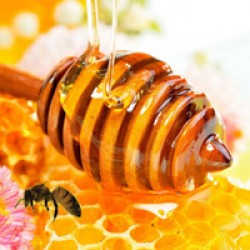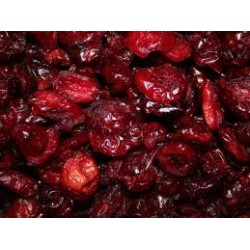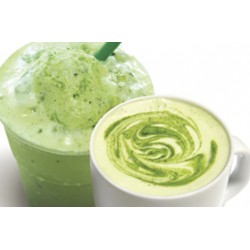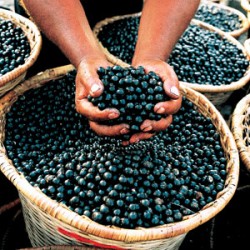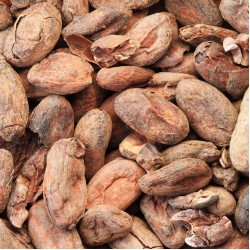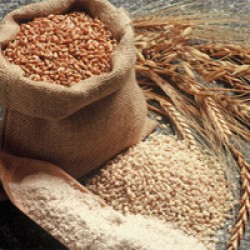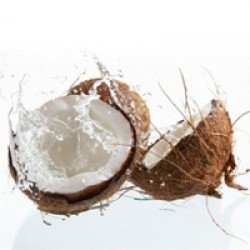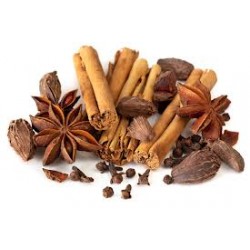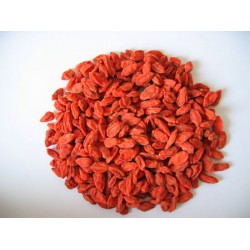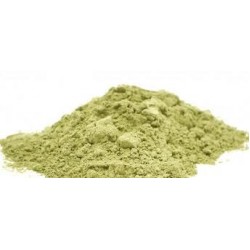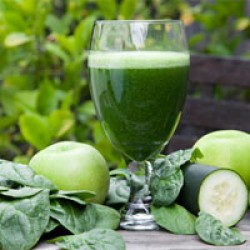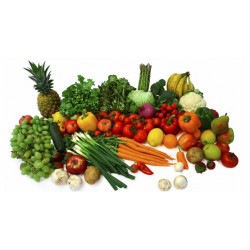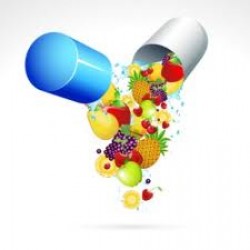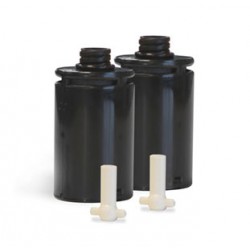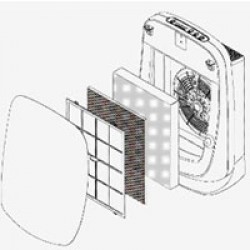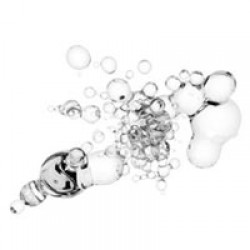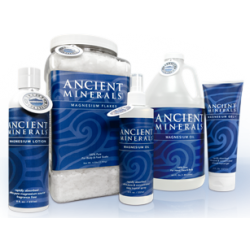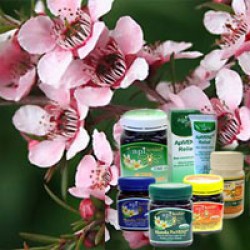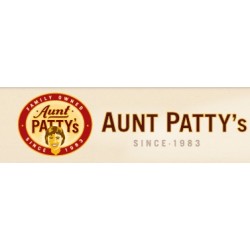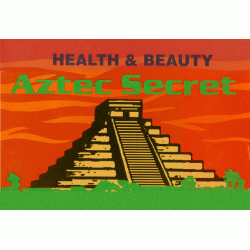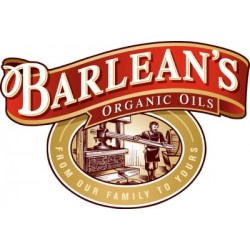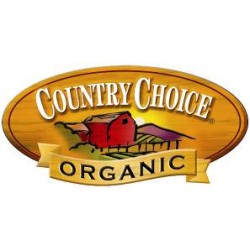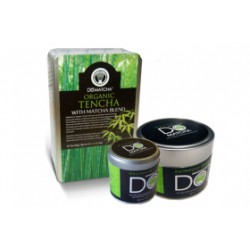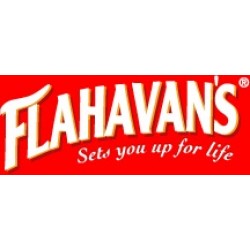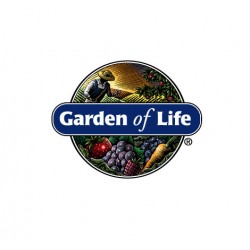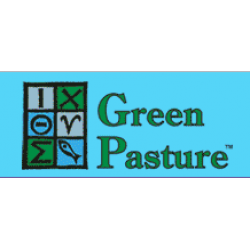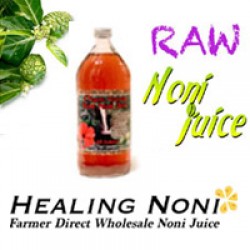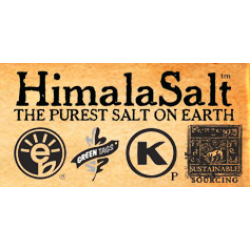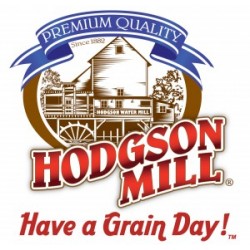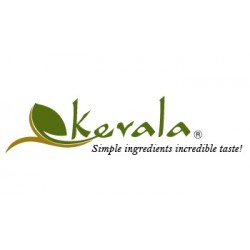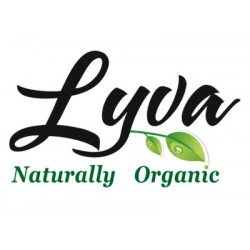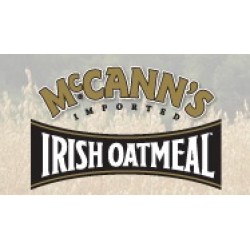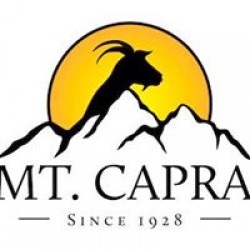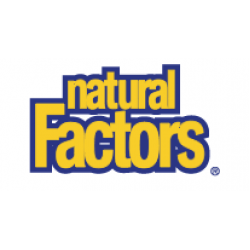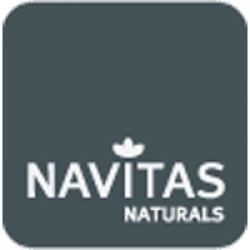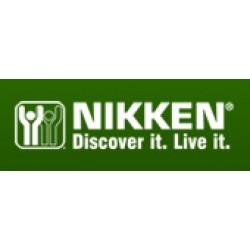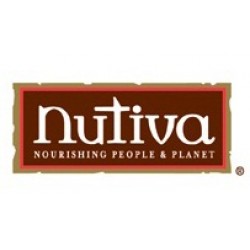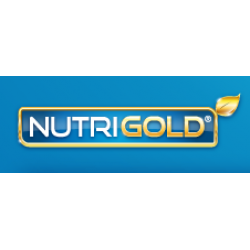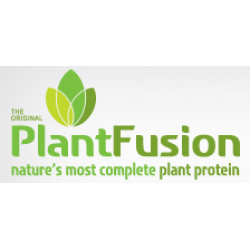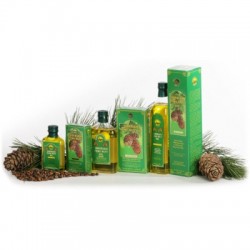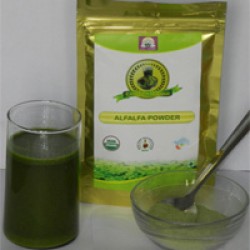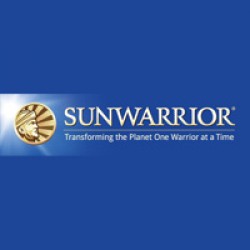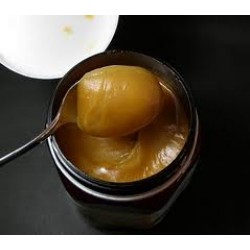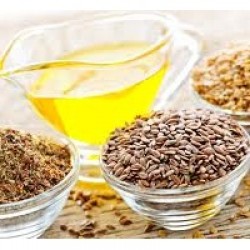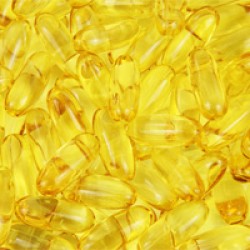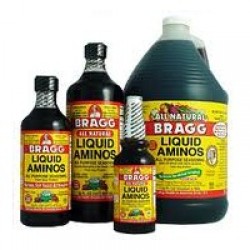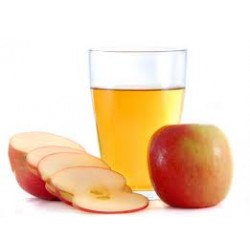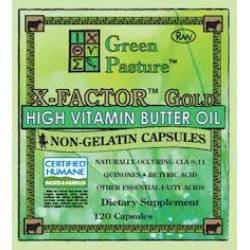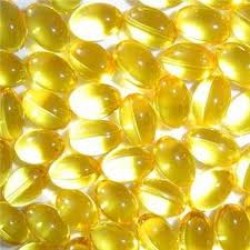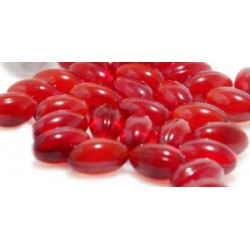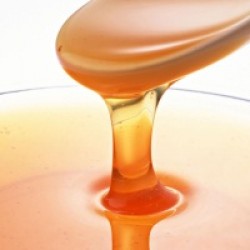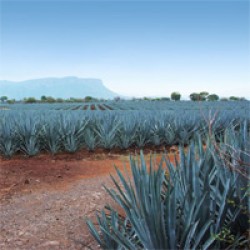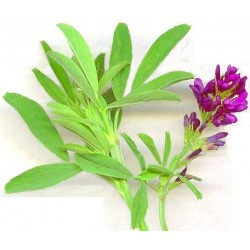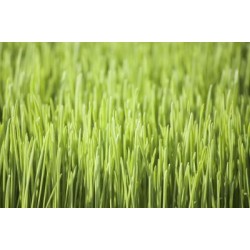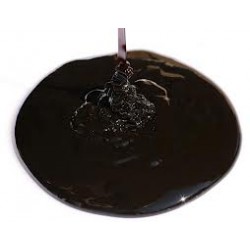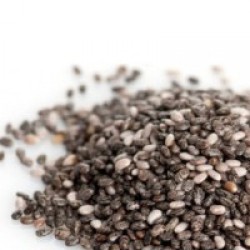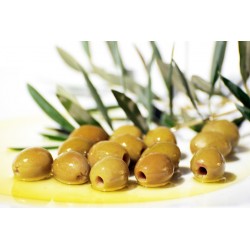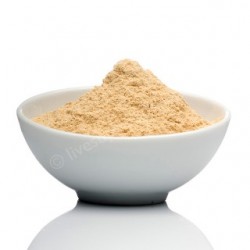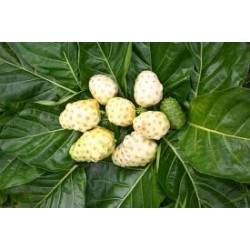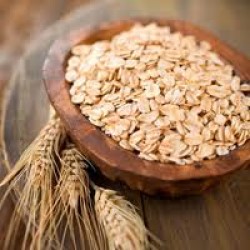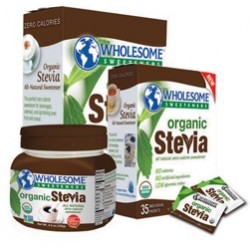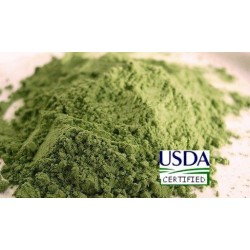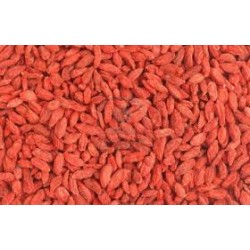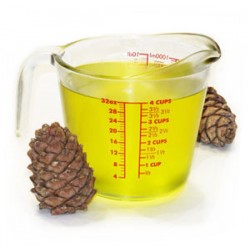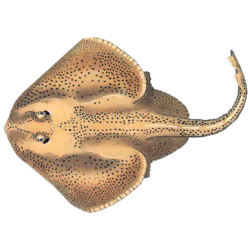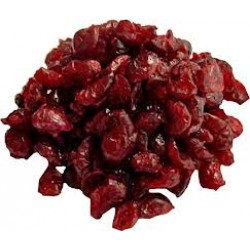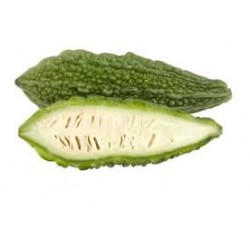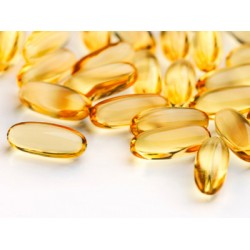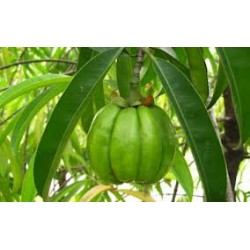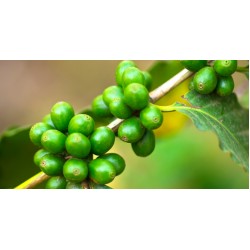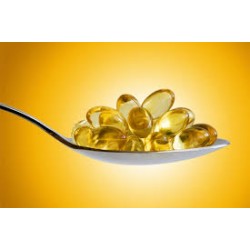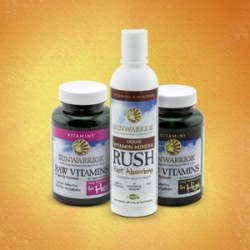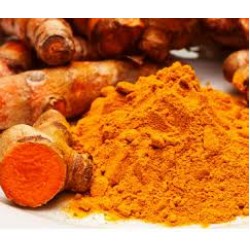Excerpt from Healing Our World Volume 30 issues #2
Protein is something everyone likes to talk about. Plant based eaters, especially those who consume high raw and vegan diets, often find themselves on the defensive end of these conversation. This is unfortunate, but the tables are slowly turning. It is now common knowledge that cholesterol, found in all animal products, greatly increases the risk of heart disease, often leading to a heart attack or stroke. Eggs and red meat are notorious for being high in cholesterol, so some avoid beef and eggs and look to chicken or fish for protein source. While lower in cholesterol than fatty cuts of red meat or egg yolks, poultry and seafood still contain substantial amount of cholesterol.
People are best served to avoid cholesterol altogether by eating a plant based diet
Most everyone is familiar with Dr. T. Colin Campbell’s landmark work, detailed in his book, The China Study. Campbell’s research dealt with casein, which is the primary protein component in cow milk and cheese.
In his study, rats were fed casein above their protein needs, which caused experimental tumors in the rats to grow. The protein needs of a rat are similar to those of a human, about 10–12% of total calories.
1 In Campbell’s experiment, the rats were fed up to 20% of their diet as protein. According to the National Health and Nutrition Examination Survey, 2003–2004, protein intake for Americans ranged from 13.4% of total calories in children aged 4–8 years to 16% of total calories in men aged 51–70 years.
2 Additionally, the National Strength and Conditioning Association (NSCA) recommends consumption of 0.4–0.8 grams of protein per pound of body weight for exercise levels ranging from sporadically active to very active.
3 The high end of this protein range is about 15% of total calories. Considering these numbers, it’s easy to see the relevance of Campbell’s work regarding protein consumption.
Traditional bodybuilding and sports diets, especially those targeting muscle growth, typically far exceed the NSCA’s protein recommendation, often doubling it. One can simply search the internet for “macronutrient ratios” and they’ll find that countless people are eating 30% or more of their calories as protein.
Whey protein is a popular product to supplement the diets of those aiming to reach this protein surplus. Whey is the byproduct of the manufacture of cheese or casein. While whey is the more popular of the two, both whey and casein are marketed as protein supplements.
All animal-based proteins, including powders made from milk or egg whites, should be avoided because of the cholesterol they contain and their link to cancer
The trend in sales of protein products indicates people are learning the truth about animal proteins. According to 2008 research from Global Industry Analysts, annual sales of protein ingredients are expected to top $18 billion by the end of 2010. While animal protein ingredients account for 69% of the market, the plant protein ingredients market was the faster growing segment, with a projected growth rate of about 8% through 2013.
There are several plant-based protein powders on the market—rice, hemp and soy are all popular options. None of these protein sources have cholesterol, but there’s something very special about one of them. One of them has cancer-fighting properties
While casein can encourage the growth of cancer, certain components in rice protein can help prevent cancer. Sadly, these beneficial elements in rice are greatly reduced, or removed altogether, by the time it gets to the plate. Rice bran is the brown coating between the rice kernel and its protective hull. Brown rice maintains a thin layer of rice bran around the seed, but in the case of white rice, this nutrient dense layer is polished off. This is why white rice is a nutritionally dead food
Inositol hexaphosphate acid (IP-6) is a potent antioxidant found in rice bran. In addition to its cancer-fighting properties, many experts also believe IP-6 can prevent and treat heart disease, kidney stones and liver disease. The process isn’t fully understood, but IP-6 suppresses the production and activity of cancer-causing free radicals. It also reduces the abnormal rate of cell division that defines cancer and tumor growth, allowing cells to normalize and return to regular, controlled growth. Additionally, IP-6 enhances the body’s potential to kill existing tumor cells by stimulating the activity of the immune system’s natural killer cells, called lymphocytes
Rice bran looks to have a very promising future not only as an alternative cancer treatment, but as a treatment for a host of other diseases and conditions. Whole grain brown rice also makes a fantastic protein supplement.
There is a great protein product on the market today called Sunwarrior. Naturally rich in vitamins and minerals, Sun Warrior rice protein provides a complete amino acid profile. Their old world process combines the sprouted endosperm with the bran from raw, sprouted whole grain brown rice to offer a protein with a 98% correlation to mother’s milk and a 98.2% digestion efficiency. Sun Warrior is raw, vegan and GMO-free.
Source – http://www.sunwarrior.com/health-secrets/nutrition/97-favorite-protein-causing-cancer

